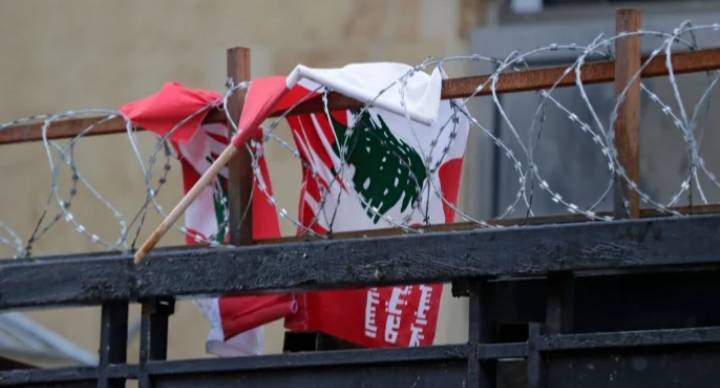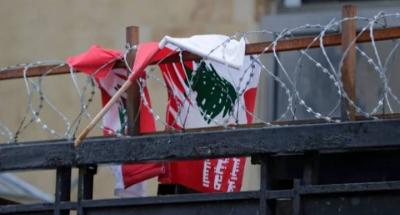All constitutional, political, and economic solutions remain closed amid a heavy sense of anticipation as most parliamentary components are lost. This situation is similarly mirrored externally due to dramatic developments stemming from the Russian-Ukrainian war and its global ramifications, particularly economically, which negatively impact the internal Lebanese situation, especially regarding the stalled presidential elections, affected by these developments, without overlooking internal clashes. The current status prevents any faction from decisively resolving its presidential choice.
In this context, political sources following this trajectory stated to "An-Nahar" that a meeting took place a few days ago between MPs from various blocs and independent MPs, many of whom vote for MP Michel Mouawad. The meeting was very candid and focused on finding a way to reach consensus among the other parliamentary blocs regarding a consensus candidate, meaning that those voting for Mouawad also express readiness to discuss any candidate that all political and parliamentary forces agree upon. During the discussions, the gathered MPs indicated the difficulty in crystallizing a candidate under the current conditions for the presidency. The same applies to Hezbollah's candidate, the former MP and leader of the Marada Movement, Sleiman Frangieh, who will be unable to garner the number of votes held by Mouawad. However, he has fortified his position and role in the upcoming electoral event, establishing himself as a national figure, and it is becoming essential to acknowledge the current reality and seek a consensus candidate through comprehensive agreement, continuing to vote for Mouawad until reaching an alternative choice.
Meanwhile, the internal impasse reflects on the external scene, where one MP returning from Paris mentioned not noticing any imminent settlement, nor that the anticipated meeting there, which will include the United States, Saudi Arabia, Qatar, and France, is on the verge of rapid progression. Thus, contacts and consultations are ongoing, as the core issue is Iranian, especially following France's condemnation of the regime's violent repression of protests in Iran, leading to US and French dissatisfaction with Tehran's continued dispatch of drones to Russia for attacks on Ukrainian cities. These issues significantly affect the focus on the Lebanese file and the search for a settlement; however, the same MP asserts that Paris continues to collaborate with Riyadh on the Lebanese issue to achieve quick solutions or a comprehensive settlement through a holistic package, not limited to electing a president but also addressing the premiership and forming a reform-oriented government. These overarching topics are under discussion ahead of the upcoming quadrilateral meeting, where despite the prevailing narratives of a deadlock, there may be a way to pass a solution tied to concerns regarding potential upheaval in Lebanon due to the worsening economic, financial, and social collapse.
Simultaneously, credible sources indicate that Saudi Ambassador Walid Bukhari was in Paris a few days ago to follow up on efforts and communications aimed at cooperation between Riyadh and Paris to find swift solutions to the local situation and activate the investment and development fund between the Kingdom and France. Steps will soon be discussed to support essential sectors such as education, health, and social services, in addition to Saudi Arabia being a key player alongside countries supporting the Lebanese path. There are expectations regarding Bukhari's upcoming movements toward political and spiritual leaders, confirming that there is no specific candidate being promoted by the Kingdom with Lebanese parties. However, there are indicators of a consensus candidate possibly emerging from international and regional agreements due to the diverse consensus among Lebanese components. Observers of these meetings and consultations note that there is no breakthrough to build upon in the near future unless a conducive international-regional moment arises. This means that the stalemate within Lebanon requires little analysis, as Hezbollah holds the reins of the presidential process and the country's overarching matters, insisting on the Frangieh option or finding a way out for him should international settlements offer another candidate, possibly Army Commander General Joseph Aoun or an unconventional alternative. Thus, it becomes evident that Iran remains a significant and complex issue as it influences and supports Hezbollah, maneuvering within the Lebanese context to achieve gains amid the international sanctions imposed against it and the internal protests it faces, indicating that presidential obstacles are numerous and all possibilities remain viable in the upcoming critical weeks.




